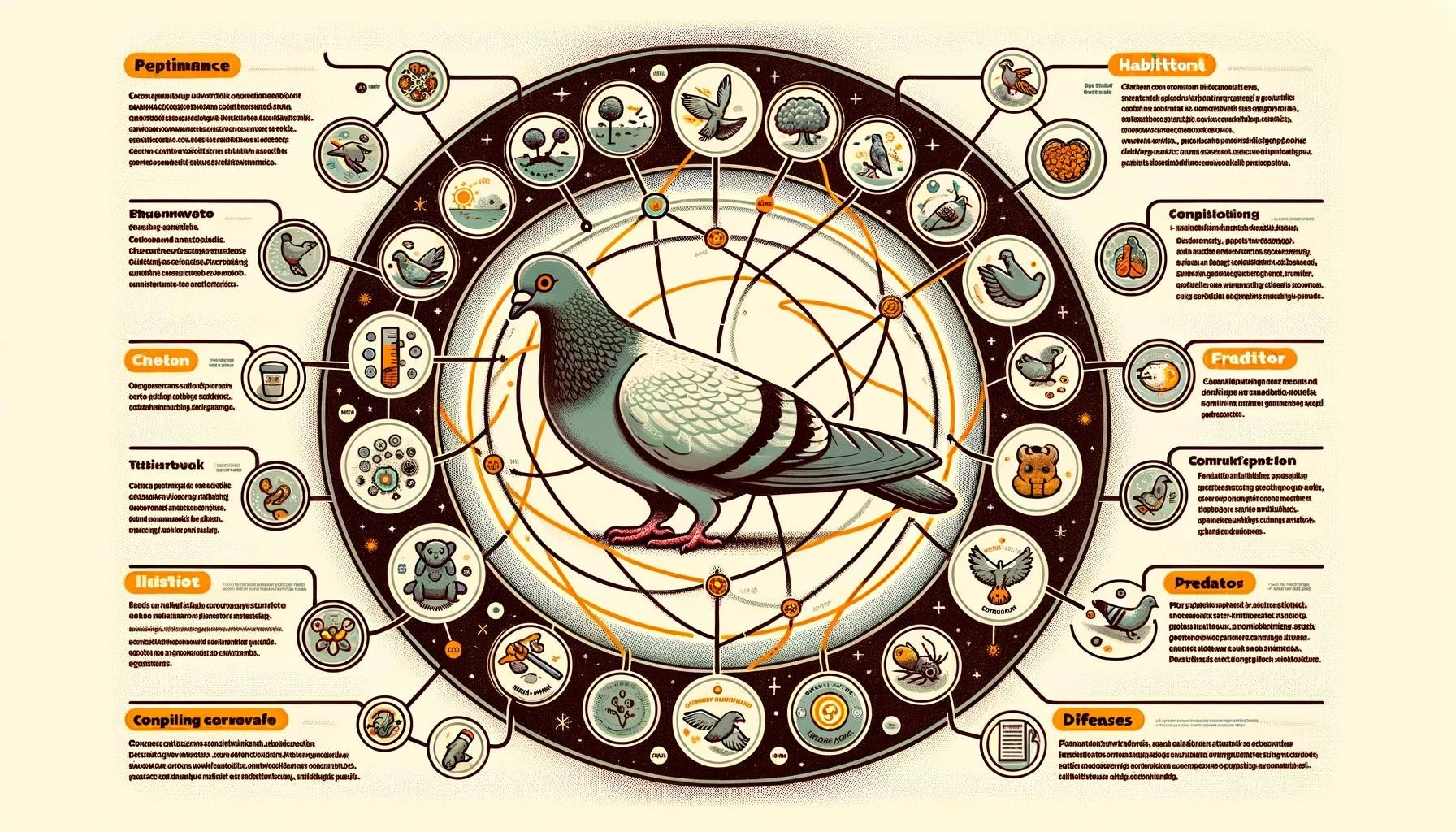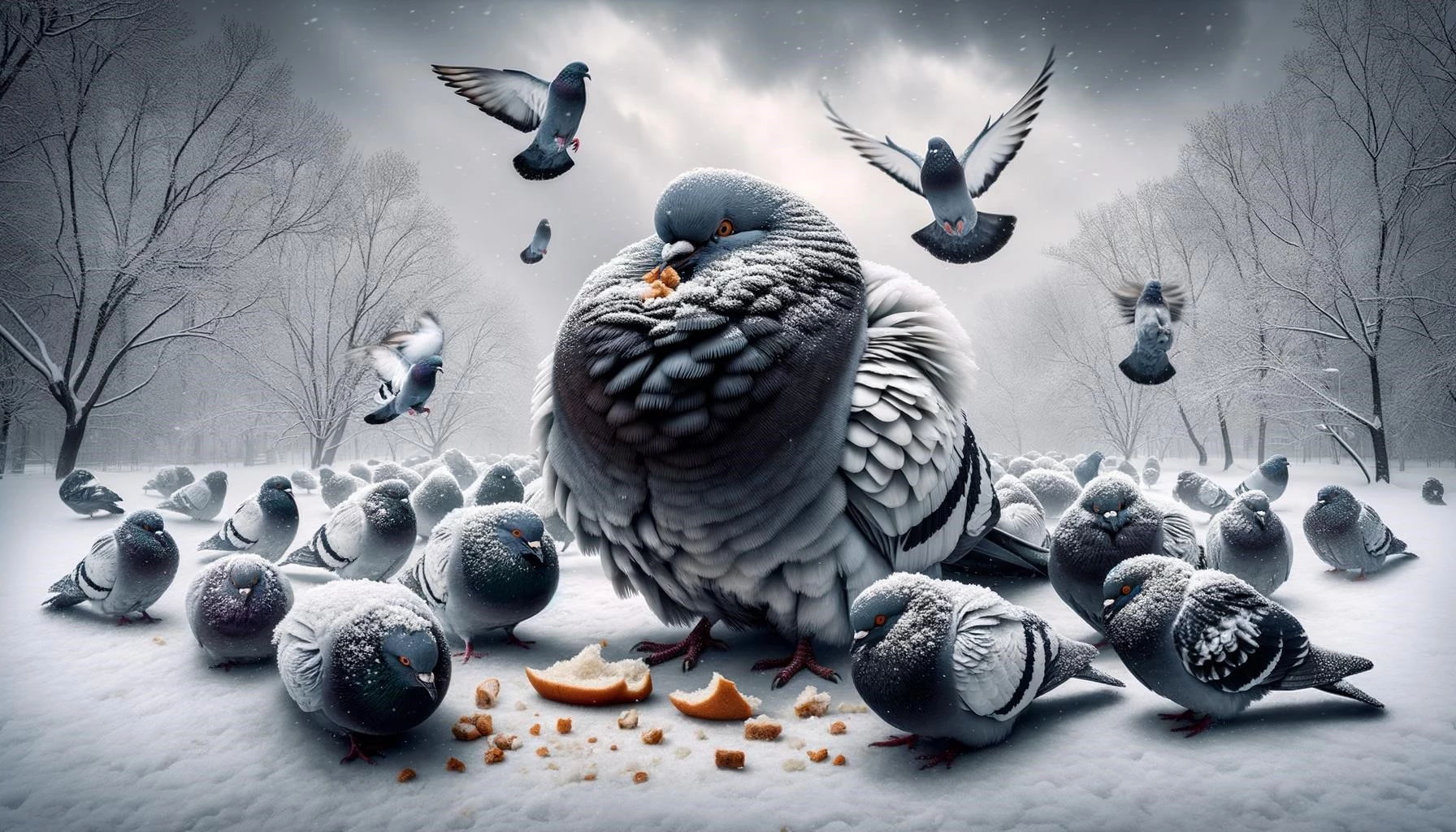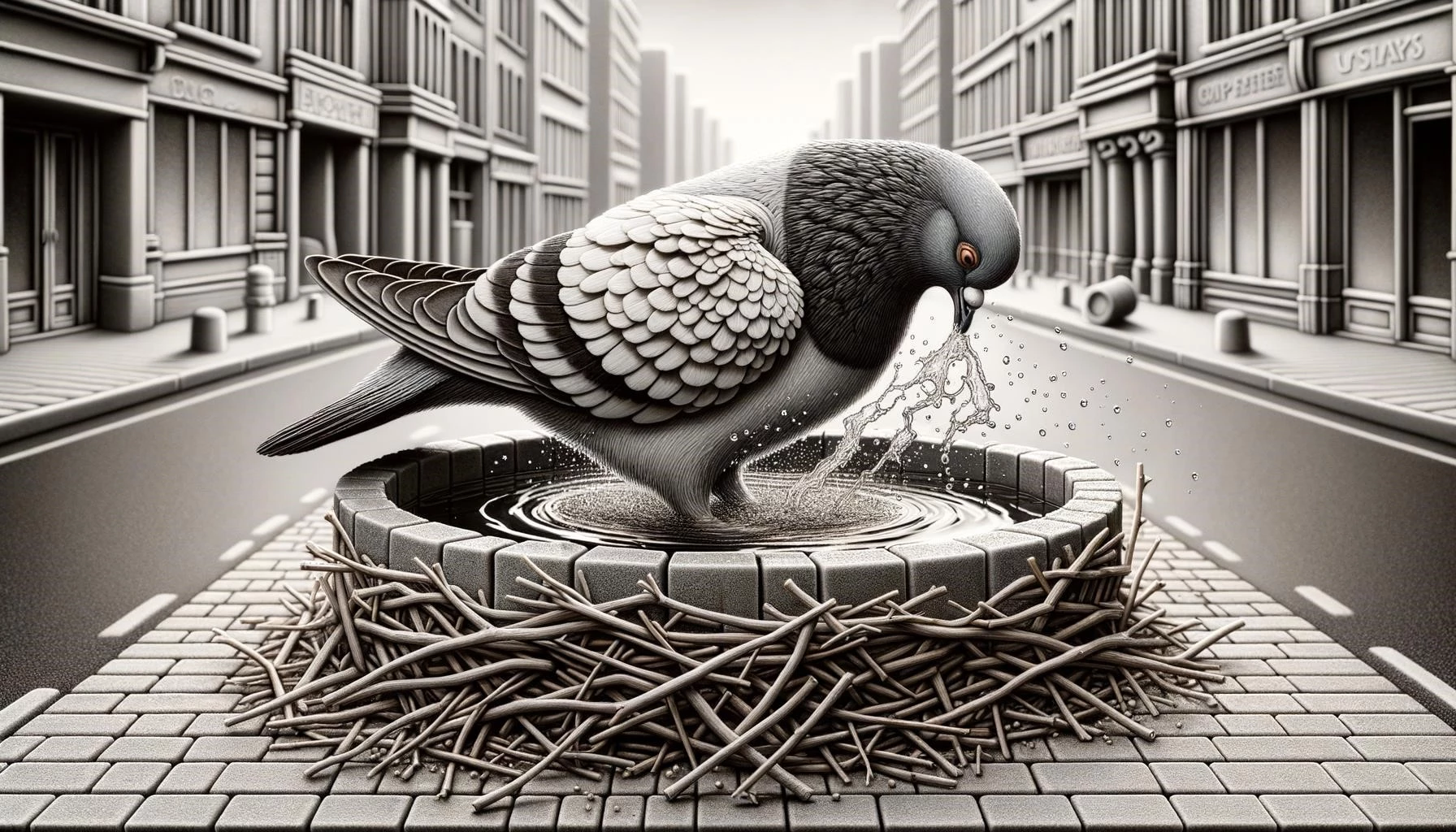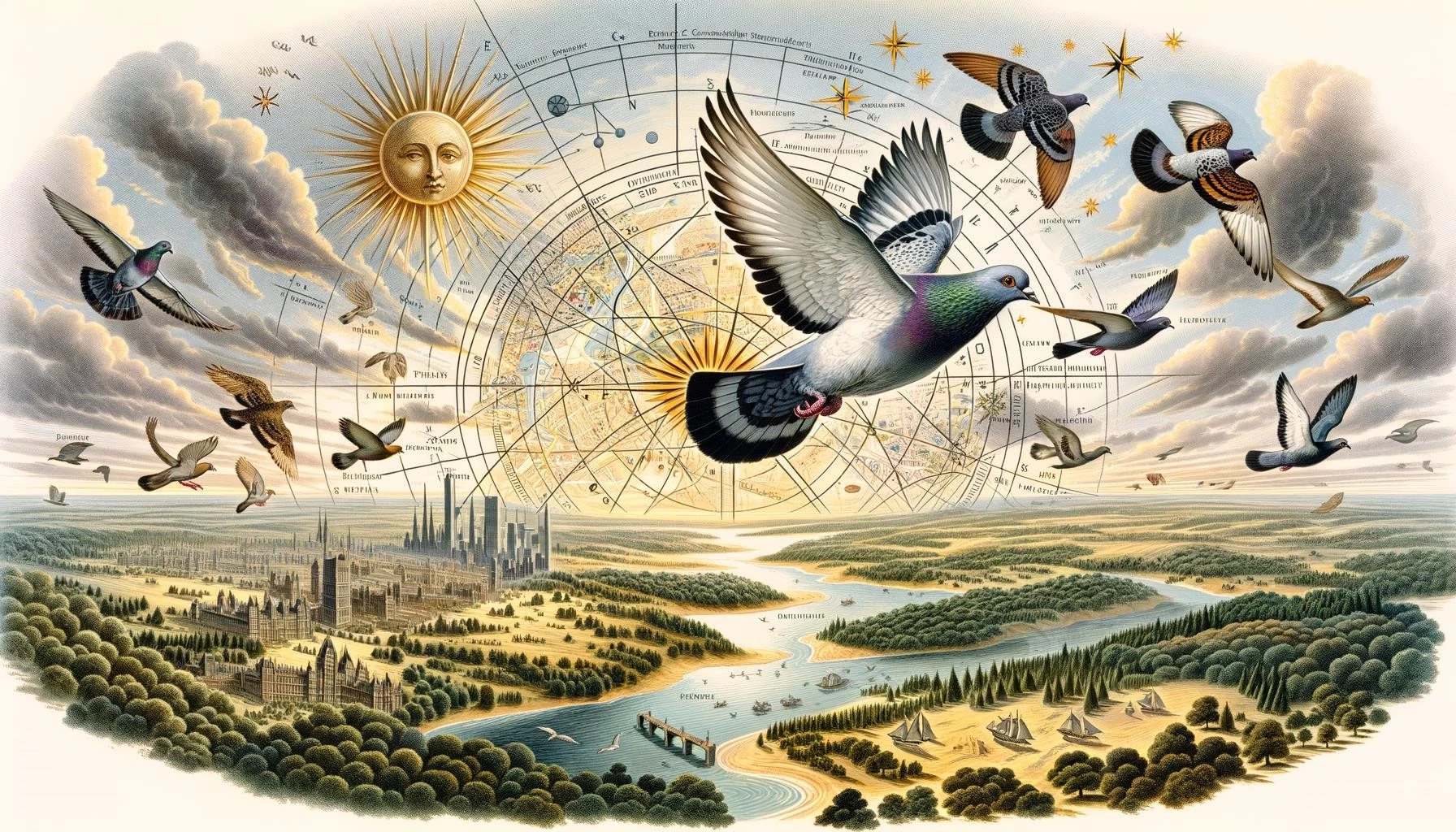Pigeons, often overlooked in their urban settings, are a study in survival and longevity. Their lifespan, deeply influenced by factors such as diet, habitat, and human interaction, extends beyond the commonly held beliefs. From feral pigeons surviving in the wild to domestic ones cared for in homes, these birds exhibit great resilience. This exploration delves into the remarkable world of pigeons, shedding light on their life expectancy, the challenges they face, and the role of human care in their survival.
Key Takeaways
- Pigeons have a longer lifespan than commonly believed, with feral pigeons living around 3 to 5 years in the wild and domestic pigeons living up to 15 years or more.
- Healthy pigeons require regular veterinary check-ups, proper nutrition, and appropriate sanitary measures to prevent diseases and maintain optimal health.
- Diet plays a crucial role in pigeon longevity, and providing a balanced and nutritious diet is essential for their well-being.
- Predation, human interaction, diseases, and diet are key factors influencing pigeon longevity.
- Pet pigeons living in a controlled and caring environment can have a longer lifespan, with an average of 10 to 15 years.
- Urban environments present challenges for pigeons, including limited food sources, pollutants, hazards, and human interference, which can affect their lifespan.
- The lifespan of pigeons is influenced by genetic factors, environmental conditions, and the care provided by pigeon keepers or owners.
Pigeons are often underestimated when it comes to their lifespan. Contrary to popular belief, pigeons can live for several years, especially when provided with proper care and a suitable habitat. While feral pigeons, also known as rock doves, have an average lifespan of around 3 to 5 years in the wild, domestic pigeons have the potential to live significantly longer, sometimes up to 15 years or more.
Genetic factors play a significant role in determining the longevity of pigeons. Just as in humans and other animals, some pigeons are genetically predisposed to living longer lives. However, environmental conditions also have a great influence on pigeon lifespans. The availability of food, water, and shelter greatly impacts their survival rates. Additionally, a proper diet rich in essential nutrients contributes to their overall health and lifespan.
Among different pigeon breeds, there are variations in lifespan. Certain breeds are known to have longer lifespans compared to others. For example, the racing pigeon breed is known for its longevity, often reaching double digits in years. On the other hand, some breeds may have shorter lifespans due to their genetic predispositions or susceptibility to diseases. Breeders and pigeon enthusiasts pay close attention to these variations to maintain the health and longevity of their pigeon populations.
Challenges and Tips for Pigeon Longevity
Urban environments present a unique set of challenges for pigeons, which can impact their lifespan. The rapid urbanization process often limits their access to natural food sources and suitable nesting sites. Furthermore, pigeons in urban areas face increased exposure to pollutants and hazards, such as traffic, predators, and human interference. Implementing strategies such as providing safe roosting spaces and ensuring access to clean water can help improve their chances of survival in these urban settings.
Maintaining good health is crucial for the longevity of pigeons. Regular veterinary check-ups, proper nutrition, and appropriate sanitary measures are crucial for preventing diseases and maintaining optimal health. Common health issues for pigeons include respiratory infections, parasites, and nutritional deficiencies. By providing a well-balanced diet, regular exercise, and a clean living environment, pigeon owners can promote their pets’ longevity and well-being.
Responsible pigeon keeping or ownership can also contribute to the longer lifespan of pigeons. Experienced pigeon keepers, particularly those who own racing pigeons, provide top-quality care and access to nutritious food, shelter, and protection from predators. The expertise and breeding practices of experienced pigeon keepers contribute to the longer lifespan of racing pigeons.
Conclusion
Contrary to common misconceptions, pigeons have a longer lifespan than believed and can live for several years when provided with proper care and suitable living conditions. Genetic factors, environmental conditions, and the care provided by pigeon keepers or owners all influence pigeon longevity. While feral pigeons in the wild have an average lifespan of around 3 to 5 years, domestic pigeons can live up to 15 years or more. Implementing strategies to overcome the challenges faced in urban environments and ensuring good health through proper nutrition and veterinary care are crucial for promoting pigeon longevity.








